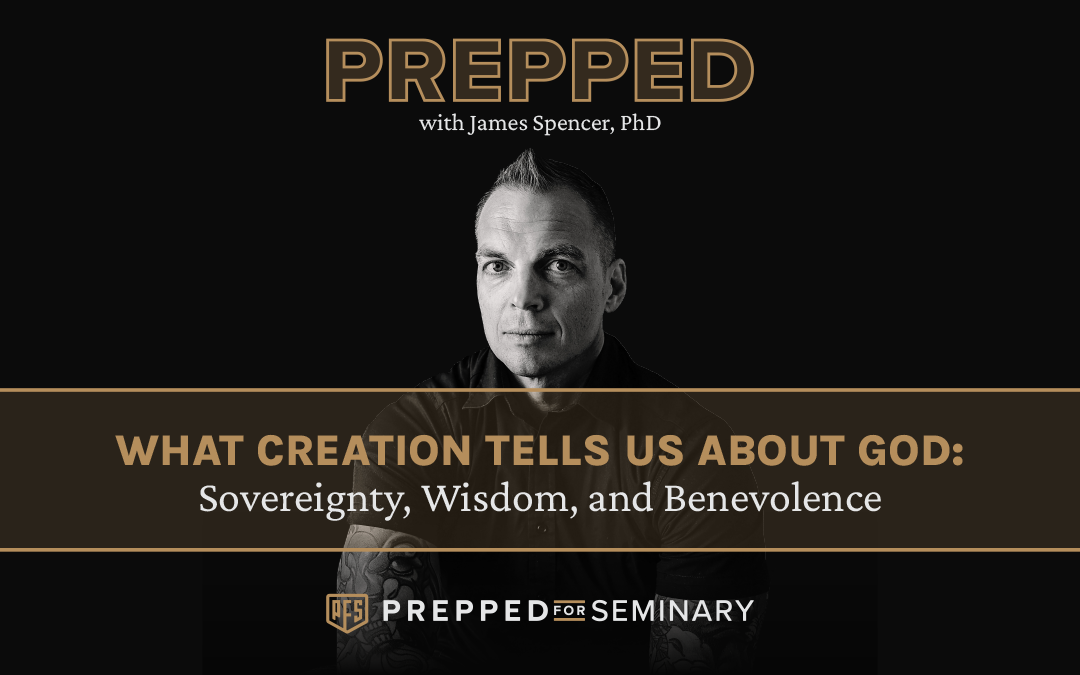Genesis 1:1-2:3 is more than an account of how the world began—it’s a profoundly theological narrative that reveals the nature of God, our place in creation, and the pattern for human flourishing. This foundational passage offers a roadmap for living in harmony with God’s created order and provides critical insights into His character.
In this post, we’ll explore three core questions:
- Who is God in Genesis 1:1-2:3?
- Who are we in relation to God?
- What does this mean for how we should live?
The Nature of Genesis 1:1-2:3: Narrative or Poetry?
Genesis 1:1-2:3 is a mixed genre—not strictly narrative nor purely poetic. This unique blend highlights the text’s theological depth. The creation account is structured to draw attention to the meaning behind God’s actions, not just the actions themselves.
For instance:
- The orderly progression of creation—from light to land, sea, and life—emphasizes intentionality and purpose.
- The culmination in Sabbath rest signifies God’s ultimate design for harmony and peace (shalom) within creation.
This isn’t a simple recounting of events; it’s an invitation to see God’s creative wisdom at work.
Who Is God? Sovereign, Wise, and Benevolent
Genesis reveals three key attributes of God:
1. God is Sovereign
Unlike ancient Near Eastern creation myths, where gods battled for supremacy, Genesis presents a God who simply speaks, and creation responds.
- He commands order from chaos (“formless and void” in Hebrew, tohu va’vohu).
- Creation obeys His voice, emphasizing the power and authority of His Word.
This sovereignty challenges us to trust and submit to God’s ultimate authority in our lives.
2. God is Wise
God’s creative acts demonstrate wisdom in ordering and structuring the world:
- Distinctions are key—light from darkness, land from sea, and day from night.
- Everything has a function and place, enabling life to thrive.
This divine wisdom reminds us that God’s ways are intentional and that living in alignment with His design leads to flourishing.
3. God is Benevolent
God’s creation isn’t just functional; it’s good. His design reflects care for humanity and all living things:
- He creates a world where humans can thrive, providing everything necessary for life.
- The culmination in Sabbath rest invites us to experience peace and communion with Him.
Who Are We? Creatures Made in God’s Image
Genesis teaches that humans are created in God’s image (imago Dei), which carries both dignity and responsibility:
- Dignity: Every person reflects God’s image, underscoring the inherent worth of human life.
- Responsibility: Being made in God’s image involves obligations, such as living as stewards of creation and imitating God’s character. As dependent creatures, we’re called to trust in God’s wisdom and provision. This dependence isn’t a limitation but a reminder of our rightful place in God’s created order.
How Should We Live? Following God’s Pattern
The creation account offers a pattern for life:
- God speaks, and creation obeys—a model of faithful responsiveness.
- Sabbath rest—a rhythm of work and rest that reflects God’s design for peace.
Living Along the Grain of Creation
When we align our lives with God’s order, we experience the blessing of His presence and provision. Obedience isn’t about earning favor but participating in the harmony God intended.
Imitating Christ: The Perfect Image of God
In the New Testament, Jesus exemplifies what it means to live in perfect obedience to God. As followers of Christ, we’re invited to conform to His image, embracing a life of faith, humility, and dependence on God.
Practical Takeaways for Daily Living
- Embrace Sabbath Rest : Prioritize rhythms of rest and worship, trusting God to sustain you. The The Sabbath reminds us that we are not self-sufficient—we depend on Him.
- Reflect God’s Image : Strive to live out the dignity and responsibility of being made in God’s image. This includes stewarding creation, cultivating relationships, and pursuing holiness.
- Trust God’s Sovereignty and Wisdom : In moments of chaos or uncertainty, remember that God is in control. His ways are higher than ours, and His plans are always for our good.
Conclusion: A Foundational Narrative for Faith
Genesis 1:1-2:3 isn’t just about the universe’s origins; it’s about the God who creates with purpose, wisdom, and love. It’s about our place in His story and the invitation to live in harmony with His design.
As you reflect on this passage, consider these questions:
Let’s commit to living faithfully under God’s authority, trusting in His wisdom, and experiencing the peace that comes from walking in His ways.
- How does recognizing God’s sovereignty, wisdom, and benevolence shape your view of the world?
- What areas of your life do you need to align more closely with God’s order?
- How can you reflect God’s image in your daily choices?
Let’s commit to living faithfully under God’s authority, trusting in His wisdom, and experiencing the peace that comes from walking in His ways.
